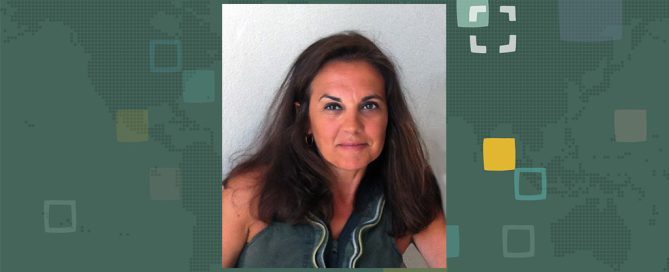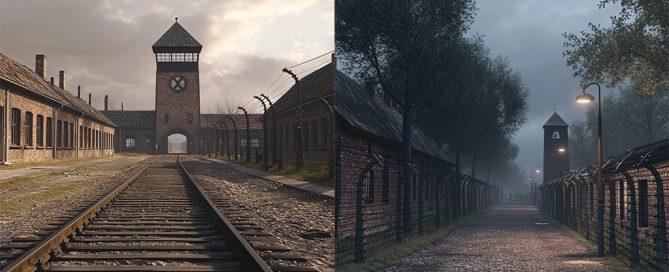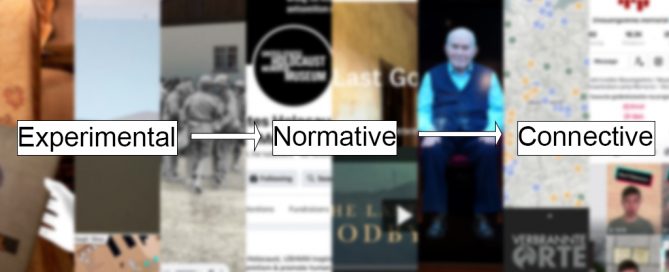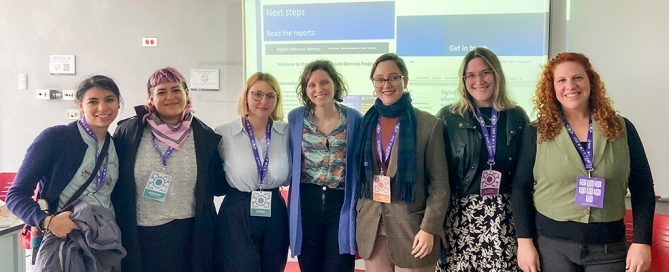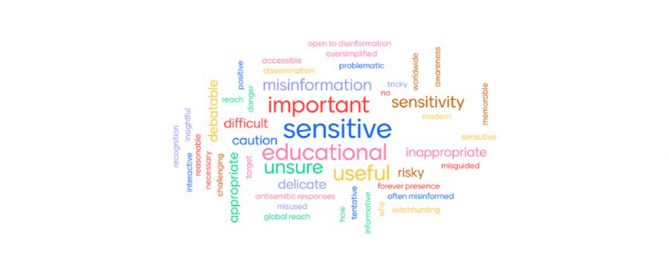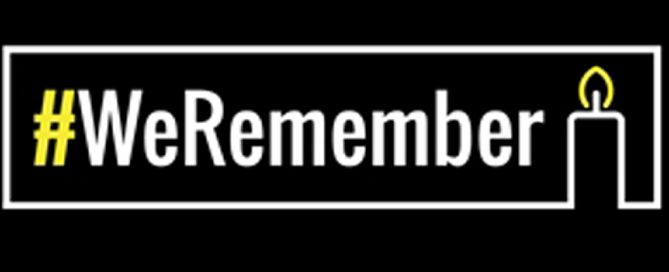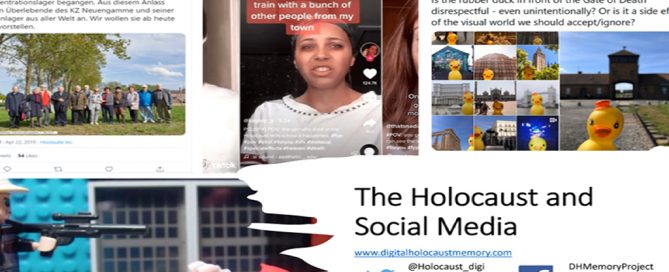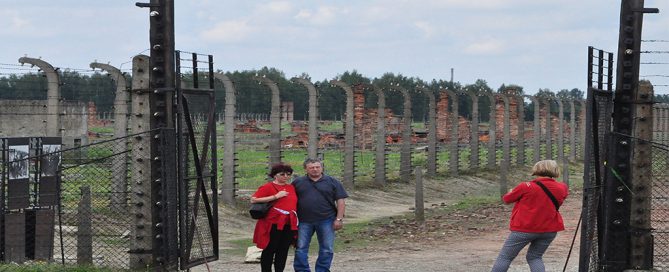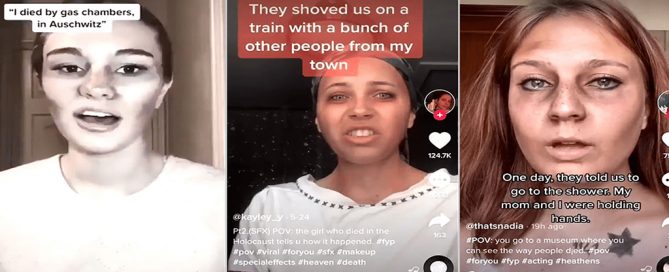Researching Holocaust Education and Activism on Social Media
by Dr Stefania Manca How is Holocaust memory being reshaped in the age of TikTok, Instagram, and digital activism? Drawing on her journey from educational technology to digital Holocaust memory and education, our latest visiting fellow explores how social media can both distort and revitalise the memory of the Holocaust. I have been a researcher in educational technology for almost 30 years, focusing on the opportunities and challenges of using digital tools in education. My background in education sciences has helped me develop methods and strategies to integrate digital practices into teaching and learning. In 2018–2019, I decided to connect this professional expertise with my long-standing personal interest in the Holocaust. This step marked the beginning of my engagement with Holocaust memory and education through a digital lens. I started a Doctoral programme in Education and ICT (e-learning) at the Universitat Oberta de Catalunya in Spain, with a project entitled “Teaching and learning about the Holocaust on social media: A learning ecology perspective.” Since 2011, I had already been studying the use of social media in education, so it felt natural to bring these two fields together. At the time, research in this area was still scarce, as highlighted in [...]
